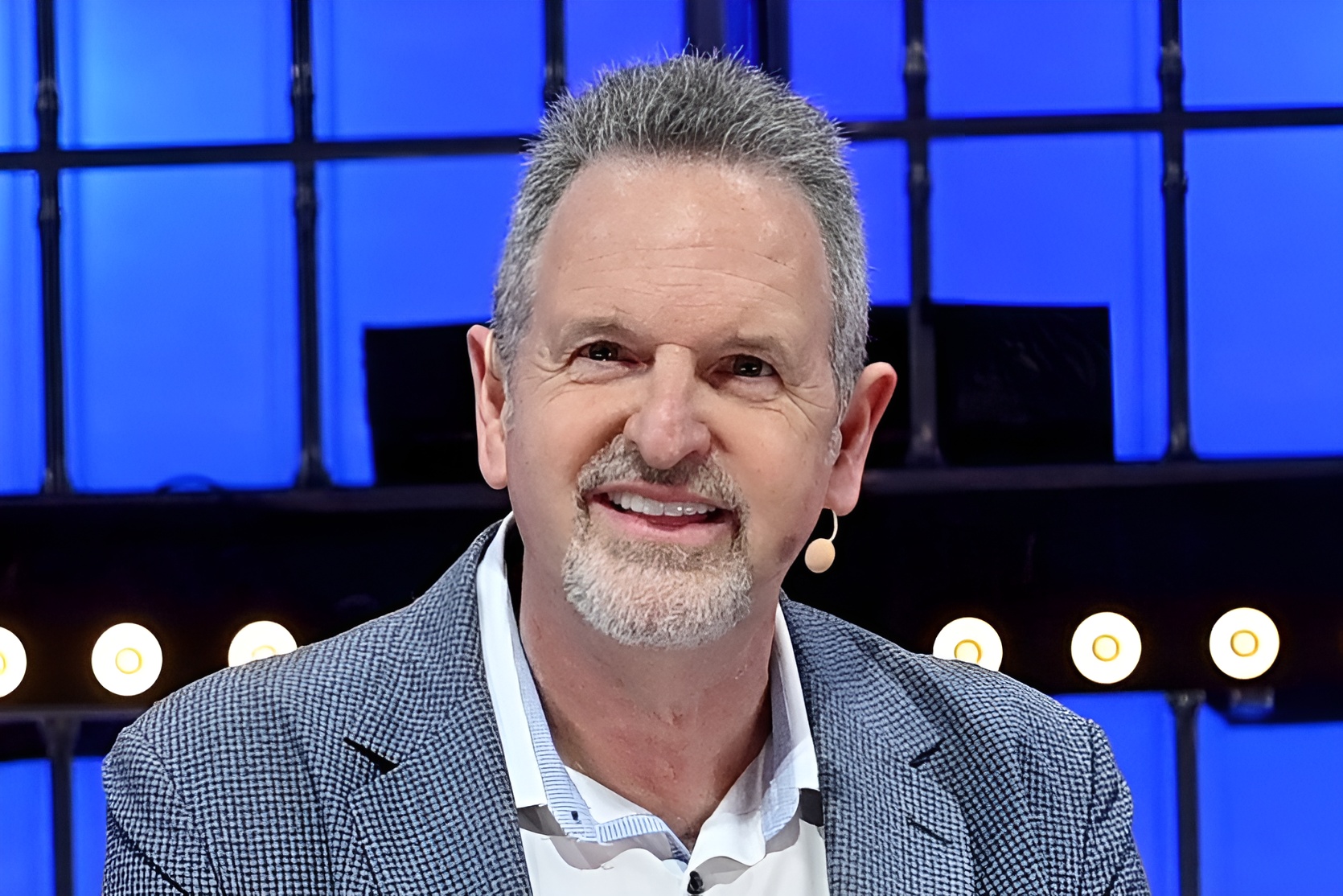ARM CEO Rene Haas Claims That Time Has Punished Intel For Falling Behind the Chip Race & Now Catching Up To TSMC Is “Very Hard”

When asked about Intel’s ability to compete with TSMC, ARM’s CEO, Rene Haas, had some interesting points to share, stating that Intel had missed key opportunities.
The debate over whether Intel can be a sufficient replacement for TSMC has garnered significant attention on the internet, particularly following investments from the Trump administration and NVIDIA. The idea behind Intel acting as an alternative to TSMC revolves around whether America could look to an entity other than TSMC in case the Taiwan giant faces supply chain risks. And now, ARM’s Rene Haas has commented on the Intel-TSMC situation as well at the All in Podcast, stating that Intel has been “punished in a few areas,” where recovery is particularly challenging.
It takes a long time to invest in fabs. It takes a long time to define architectures and ecosystems. If you miss a few, time is very, very, you will be punished for that.
And I think Intel has unfortunately been punished on a few areas. They were punished on mobile, obviously. They missed that completely. Once you fall behind in chips, it’s very, very difficult to catch up because the cycle gets on top of you. TSMC now has the best fabs in the world. The leading edge companies, Apple, NVIDIA, AMD, they all build at TSMC.
Well, ARM CEO does say that Intel missed out on key opportunities, and one of them is about not capitalizing on the ‘mobile segment’. This statement likely refers to Intel’s missed opportunity to produce low-power mobile chips for the iPhone in the mid-2000s, as Team Blue was focused on the consumer CPU segment. Their ‘Atom’ lineup of low-power SoCs was insufficient for integration into Apple’s products; hence, Intel didn’t decide to pursue the partnership, and former CEO Paul Otellini refers to this rejection as one of the biggest mistakes made by the firm.
More importantly, Haas also commented on how Intel was late in adopting EUV, which is the first time this matter has been discussed. ARM CEO claimed that Team Blue was late to EUV adoption, which then allowed TSMC to structure its production around the technology and ultimately gain an edge.
They were also punished in terms of manufacturing of going to EUV. EUV is an advanced methodology for building the smallest chips on the planet. They decided not to invest in that probably a decade ago at the rate that TSMC did, and they fell behind.
The core message conveyed by ARM’s CEO is that once you are late in the semiconductor industry, there’s no catching up, implying that Intel needs to do significantly more to ensure that it can provide partners with foundry services on par with those of TSMC. Another important factor discussed by Rene Haas was about how the idea of ‘manufacturing’ is seen as something that isn’t “lucrative and prestigious”, while if someone talks about working at TSMC in Taiwan, it is regarded as a high-value job; hence, in the West, there’s also a disparity in the idea towards manufacturing.
I don’t know that we have it now, and we certainly haven’t trained a generation of folks to look at manufacturing jobs as being something that is as lucrative and prestigious. They’re sort of thinking, oh, it’s a blue-collar job, I don’t want to go into that way. It’s not viewed that way in Taiwan, right? And in Taiwan, if you say you’re working for TSMC, you’re studying to go up and do that, it’s a highly prestigious kind of thing.
America needs a comprehensive overhaul from the ground up to establish domestic manufacturing capabilities, and this isn’t an aspect limited to a single firm like Intel; it is a process that involves multiple industries and requires prolonged administrative support.